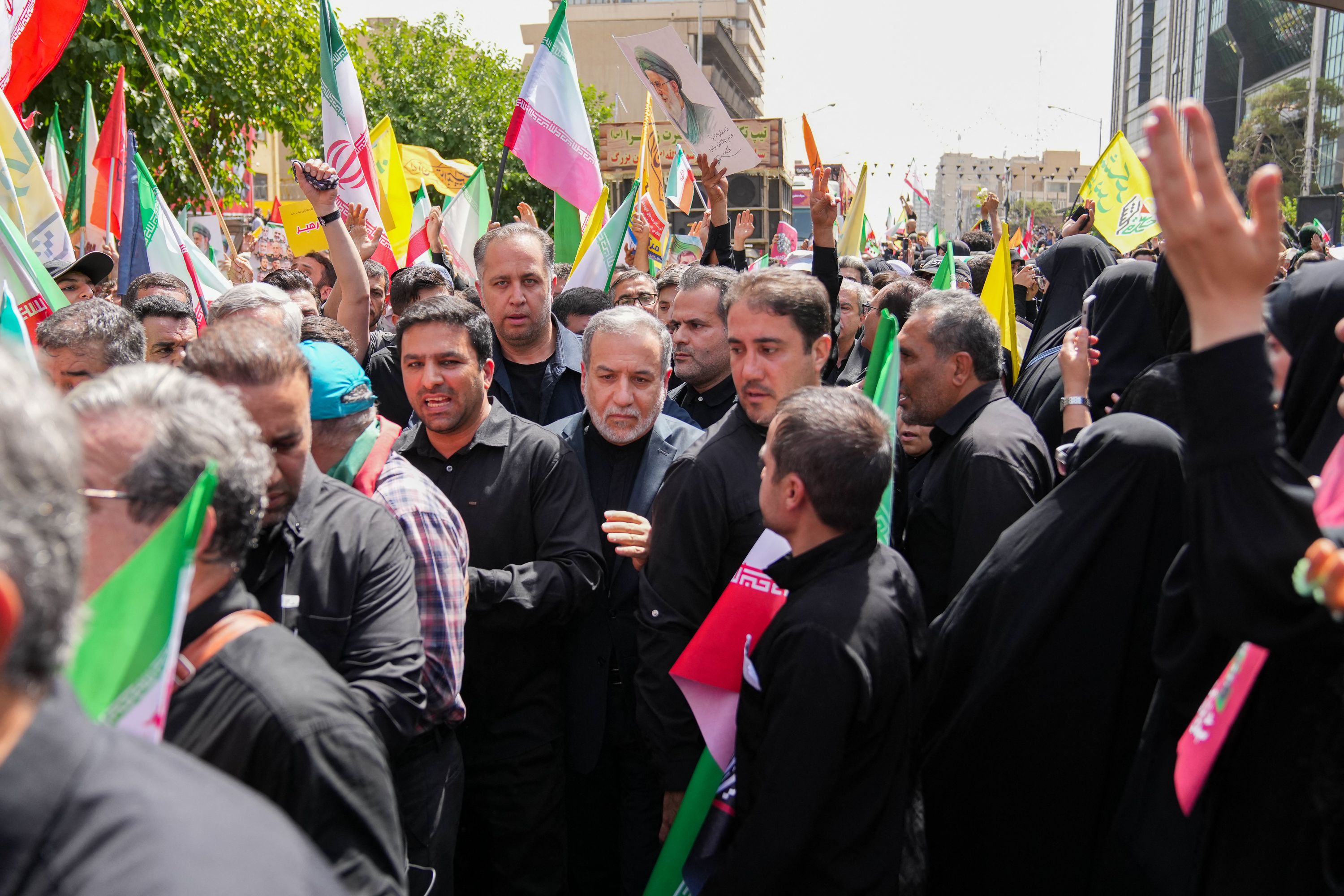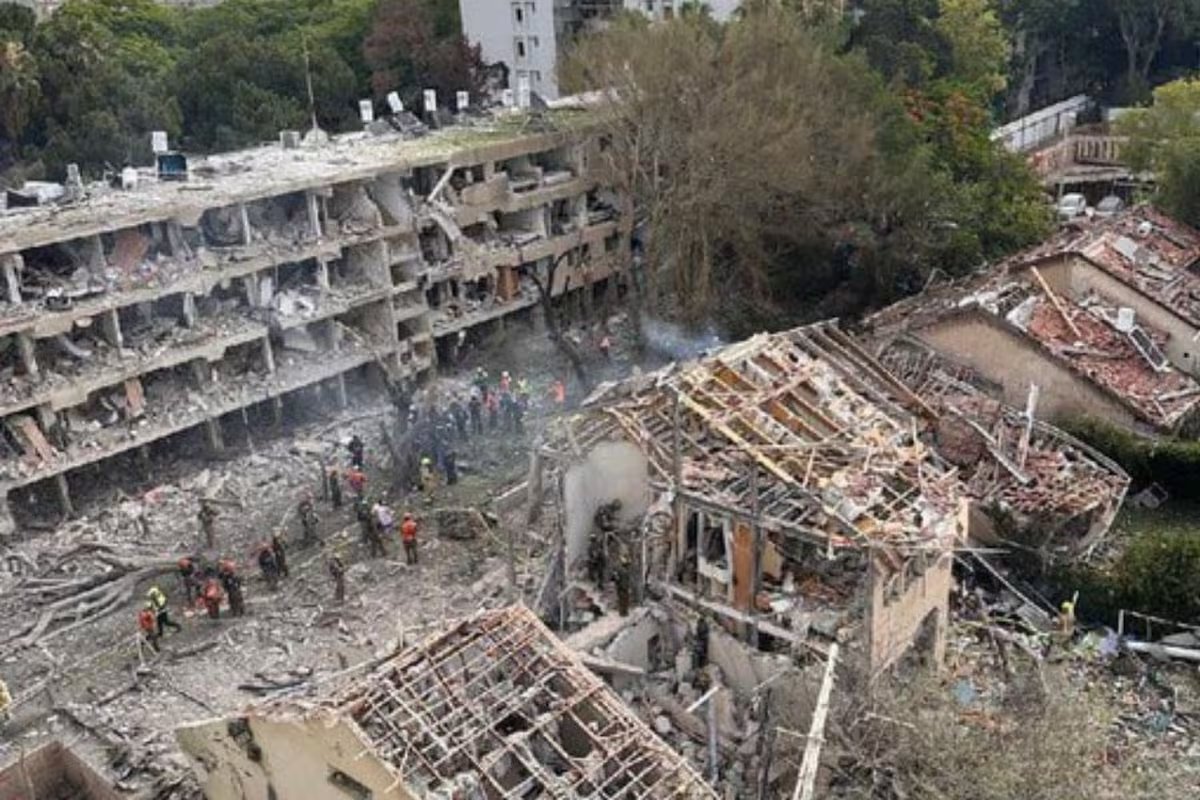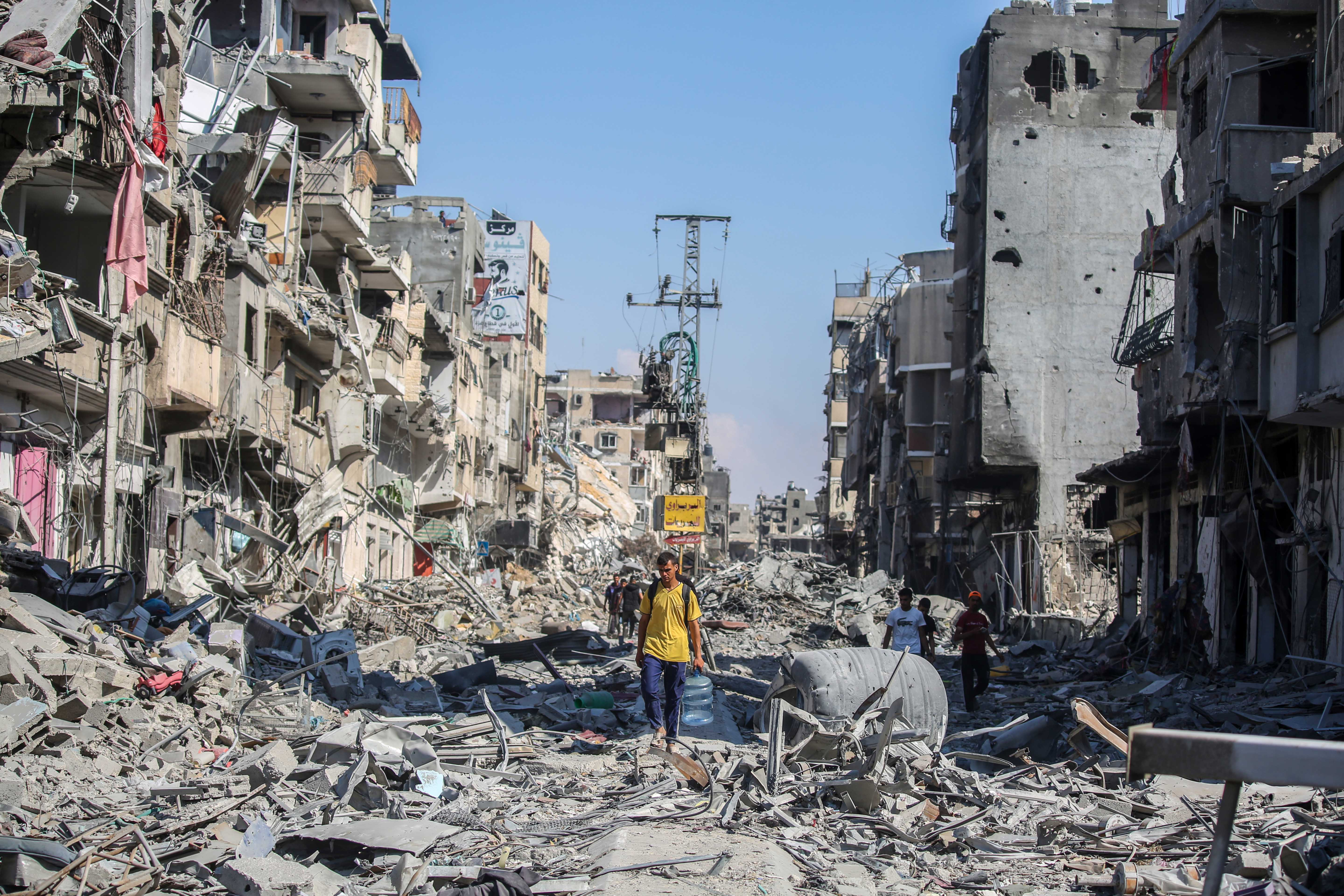The '12-day war' with Israel left more than 900 dead in Iran, according to state media.

At least 935 people, including 38 children, were killed in Iran in the 12-day war with Israel , Iranian authorities reported on Monday, almost a week after the ceasefire went into effect.
"According to the latest forensic statistics, 935 dead have been identified so far in the 12-day war, 38 of them children and 132 women, some of them pregnant," said Judiciary spokesman Asghar Jahangir, in a statement reported by IRNA.
According to the latest forensic statistics, 935 dead have been identified so far in the 12-day war, 38 of them children and 132 women, some of them pregnant.
Until now, Iranian authorities had reported 627 dead and 4,870 wounded, figures from June 25, one day after the end of the war.
For its part, the US-based human rights organization Hrana, a group critical of the Iranian government, reported 1,054 dead—at least 417 of them civilians—and nearly 4,500 injured.
Information on the number of dead and injured has been handled cautiously in both Iran and Israel, where 28 people have officially died.

Funerals in Iran. Pictured: Iran's foreign minister. Photo: AFP
Israel began its attacks on Iran in the early hours of June 13 with a wave of bombings targeting Iranian nuclear and military facilities, a campaign that escalated to attacks in different parts of the country, including the capital.
For its part, Iran responded with ballistic missiles and drones against targets primarily in central and northern Israel.
US President Donald Trump announced a ceasefire between Iran and Israel on June 24, which both countries confirmed and which has held until now.

Israeli attack on Iran's prison. Photo: X: @Aarfelmi
Meanwhile, Israeli Foreign Minister Gideon Saar emphasized on Monday that his country supports the proposal for a "temporary" ceasefire in the Gaza Strip, following the plan of US Middle East envoy Steve Wikoff, which has been Israel's consistent position for months.
"If a temporary agreement is reached, in accordance with Witkoff's proposal, it will be easier to address the humanitarian situation (in Gaza) as well. There are, of course, significant gaps between the positions of both sides," the Israeli foreign minister said during a press conference at the Foreign Office headquarters alongside Austrian Minister for European and International Affairs Beate Meinl-Reisinger.

Gideon Saar. Photo: Jack Guez / AFP
Saar insisted that the Islamist group seeks to end the offensive while it "effectively controls Gaza," something Israel flatly rejects.
"We would prefer to achieve this (Israel's war aims) through diplomatic means, but if that's not possible, we will have no choice but to use military means," he added, although the Israeli government has repeatedly stated that any negotiations with Hamas would take place while Israel continues its bombing and attacks on the Strip.
Israel has set three main objectives for its ongoing offensive on Gaza: recapturing hostages held by Palestinian militias (whose importance in the hierarchy of objectives has shifted over the months); eliminating Hamas's military and governing capabilities in the Strip; and ensuring the return of displaced people from communities along the border, ensuring the enclave no longer poses a threat.

View of the rubble in Gaza. Photo: Getty Images
Saar's statements come at a time, following the war with Iran and the easing of tensions on other fronts such as Lebanon and Syria, when truce negotiations in the enclave could reopen.
eltiempo




